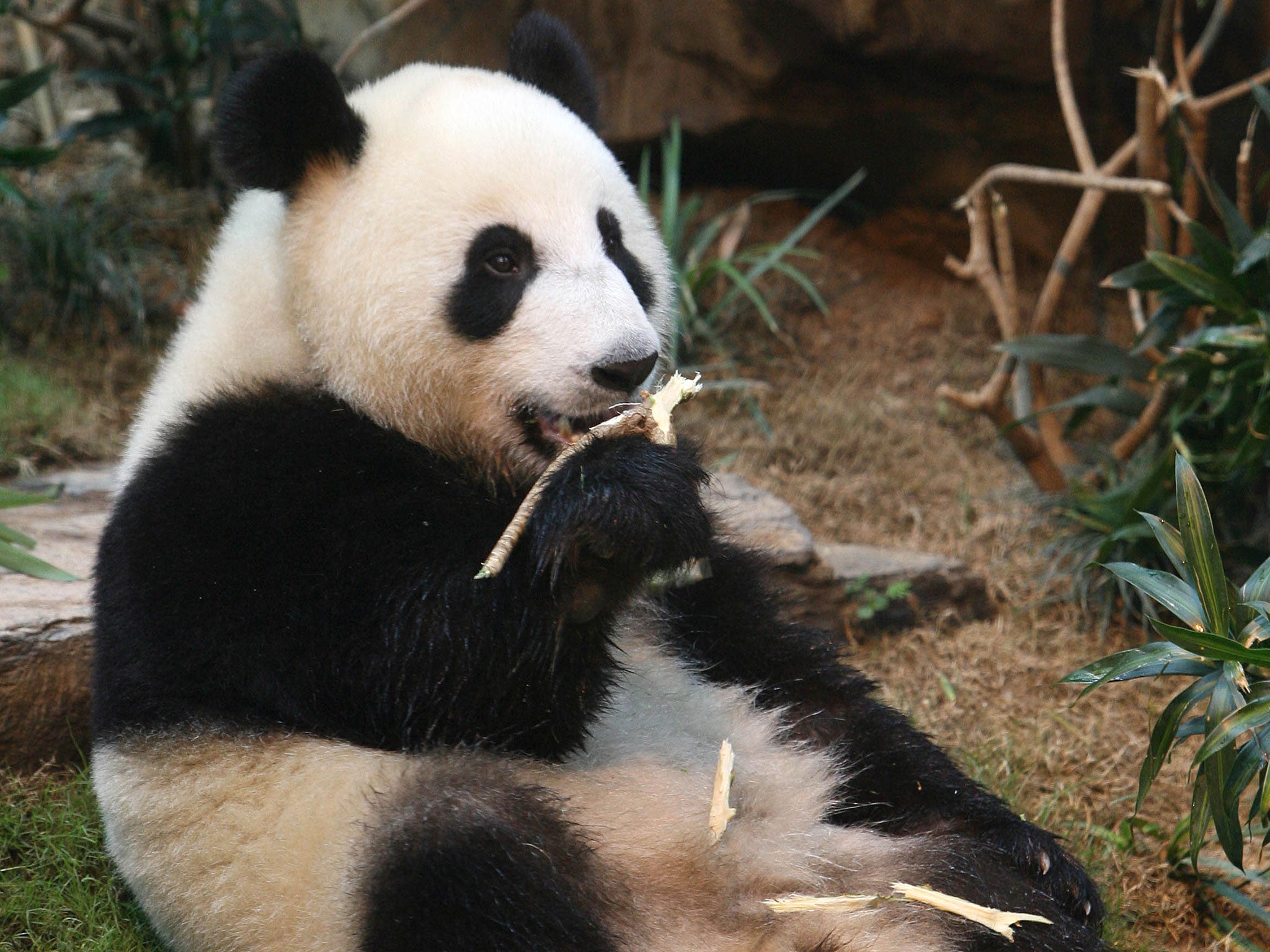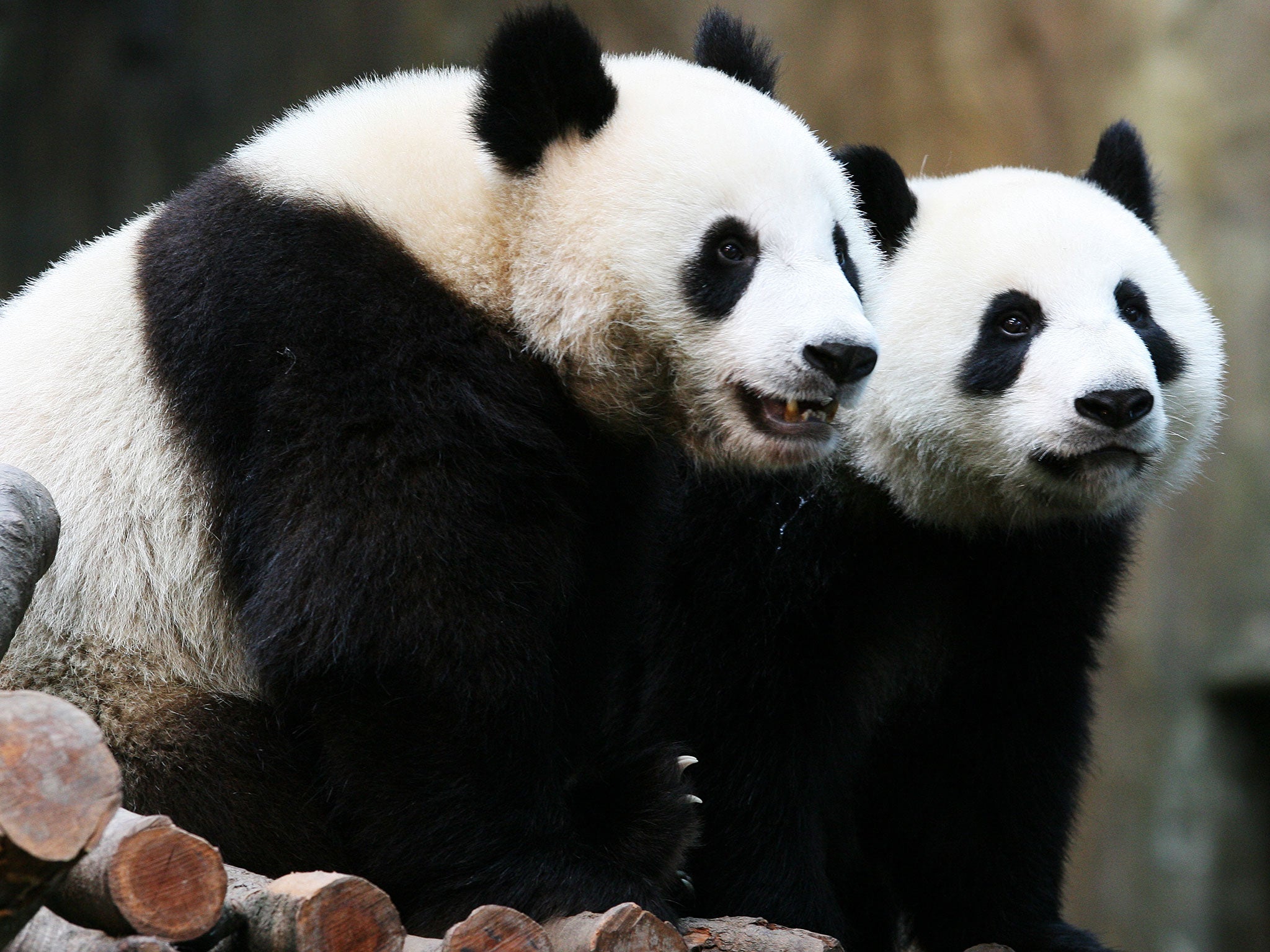Giant panda Ying Ying loses cub after 're-absorbing foetus' at Hong Kong zoo
Zookeepers said they did not know what had gone wrong during her pregnancy

Your support helps us to tell the story
From reproductive rights to climate change to Big Tech, The Independent is on the ground when the story is developing. Whether it's investigating the financials of Elon Musk's pro-Trump PAC or producing our latest documentary, 'The A Word', which shines a light on the American women fighting for reproductive rights, we know how important it is to parse out the facts from the messaging.
At such a critical moment in US history, we need reporters on the ground. Your donation allows us to keep sending journalists to speak to both sides of the story.
The Independent is trusted by Americans across the entire political spectrum. And unlike many other quality news outlets, we choose not to lock Americans out of our reporting and analysis with paywalls. We believe quality journalism should be available to everyone, paid for by those who can afford it.
Your support makes all the difference.A giant panda pregnant with the first ever cub hoped to be born in Hong Kong has suffered a miscarriage.
Zookeepers at Ocean Park were carefully monitoring Ying Ying’s pregnancy but ultrasound scans performed on Tuesday and Wednesday found no heartbeat.
Dr Lee Foo Khong, a vet at the amusement park, told the South China Morning Post that the 3.5cm-long foetus had been re-absorbed into the panda’s body.

“The foetal structures were no longer distinct and were breaking down, thus confirming the pregnancy is no longer viable,” he said.
“There is not a lot of information able to tell us what causes a foetus to stop developing."
Dr Wang Chengdong, of the China Conservation and Research Centre for the Giant Panda, told the BBC it is common for giant pandas to re-absorb the foetus into the womb in the late stages of pregnancy, "especially for first-time mothers due to their inexperience".
Officials are investigating what went wrong in Ying Ying’s 130-day pregnancy but say the 10-year-old was healthy and should be able to conceive again in the future.
She had mated naturally and was also artificially inseminated as a precaution earlier this year after four years of efforts towards a pregnancy.
Tian Tian, the giant panda at Edinburgh Zoo, lost her cub after re-absorbing the foetus in August.
She and Yang Guang, Britain’s only two giant pandas, could be cloned as global efforts to boost panda numbers continue.
Giant pandas were once spread through China, Vietnam and Burma but are now endangered, with only 1,800 animals believed to remain in the wild.
Join our commenting forum
Join thought-provoking conversations, follow other Independent readers and see their replies
Comments